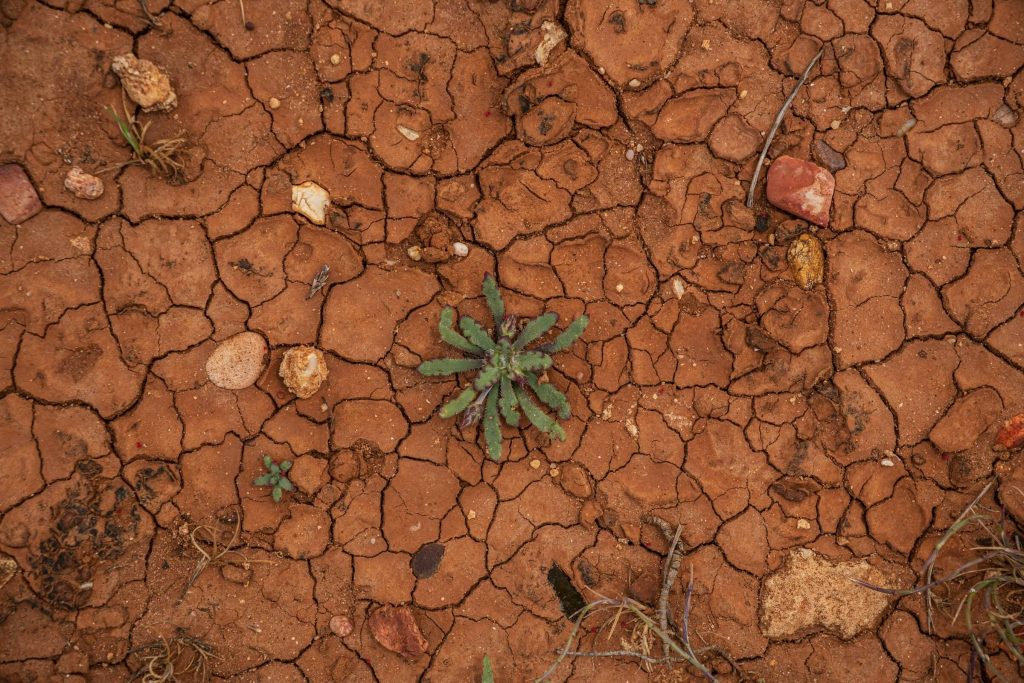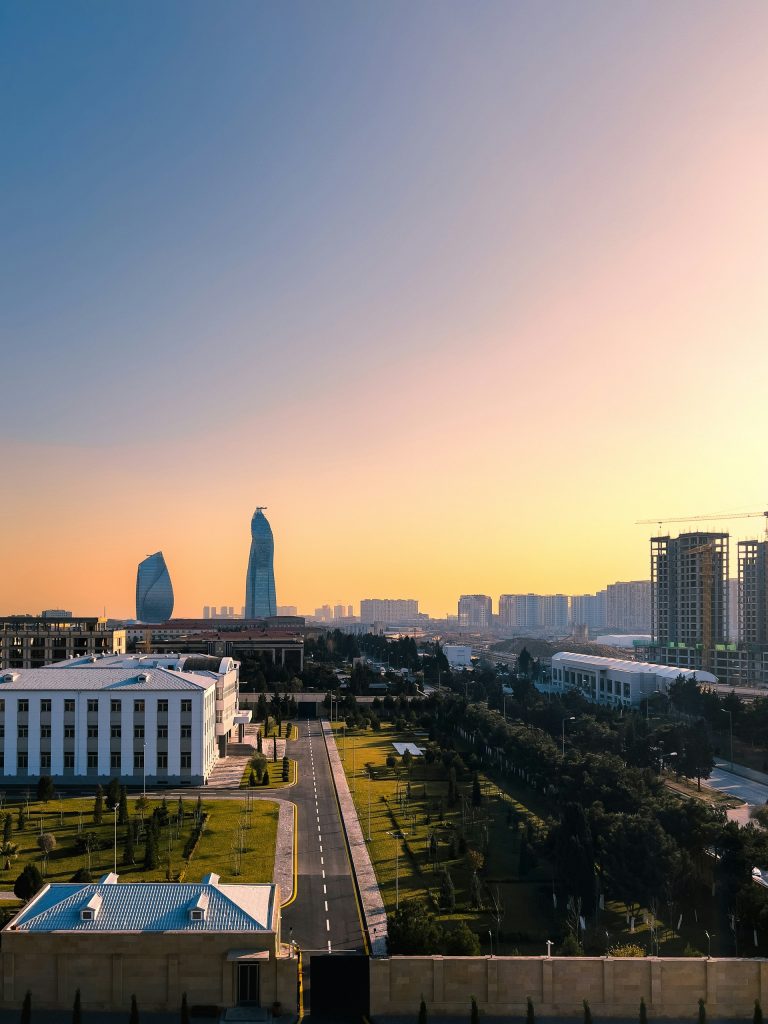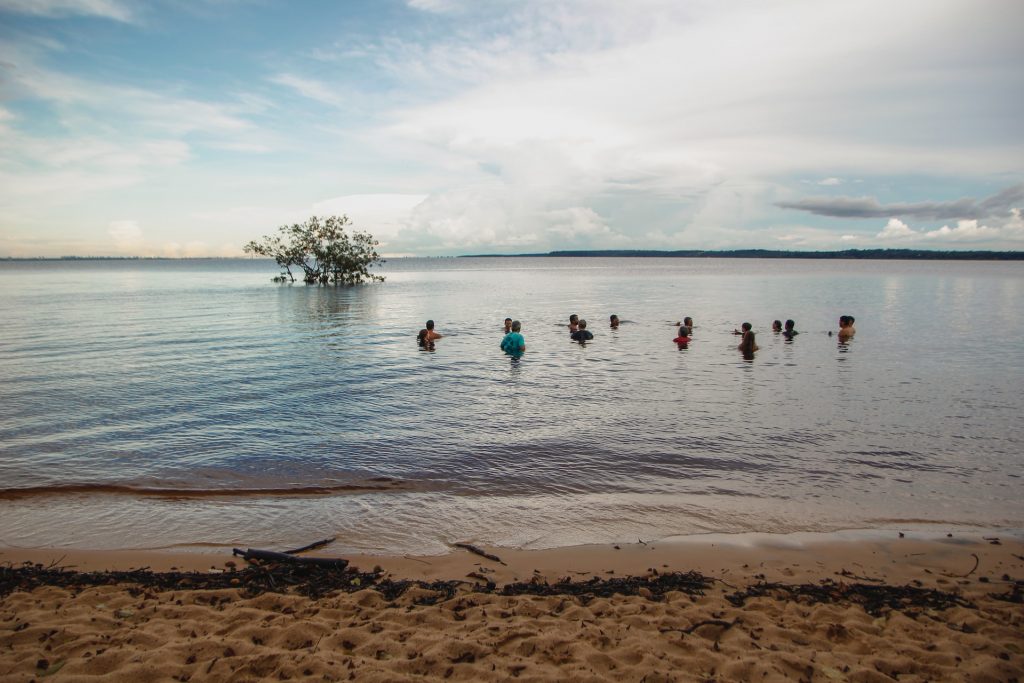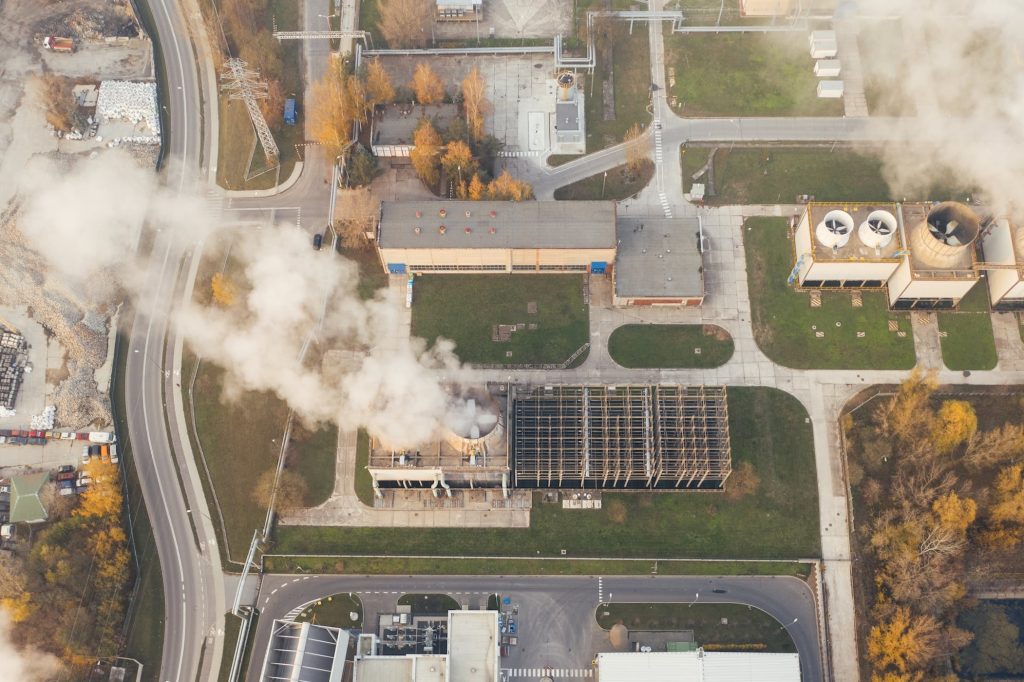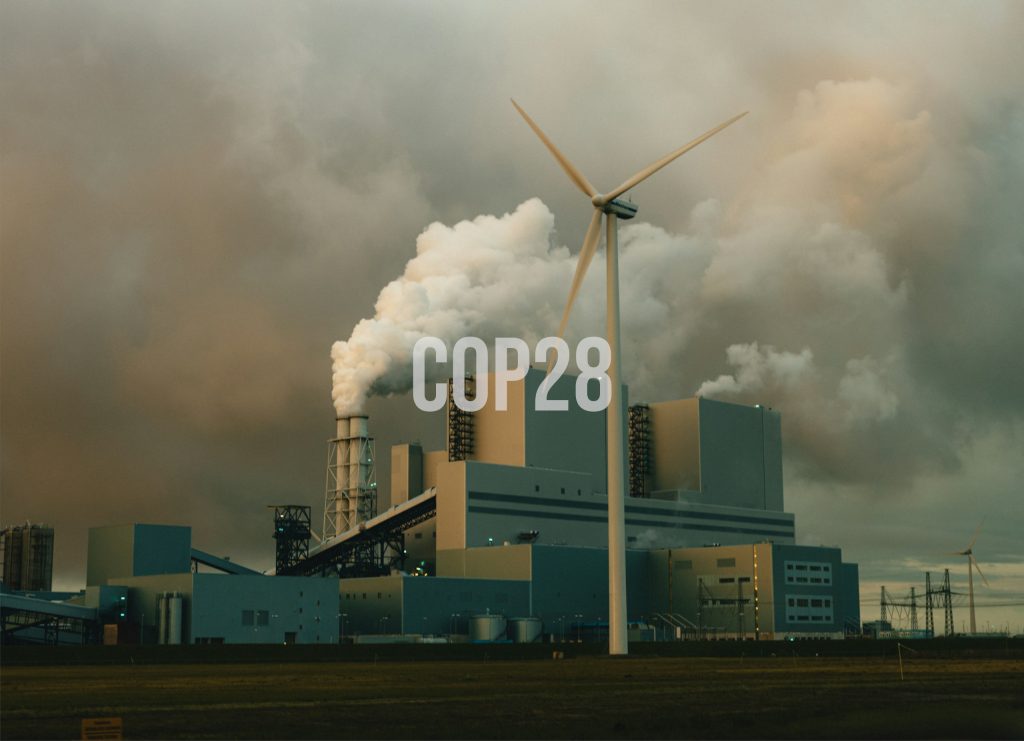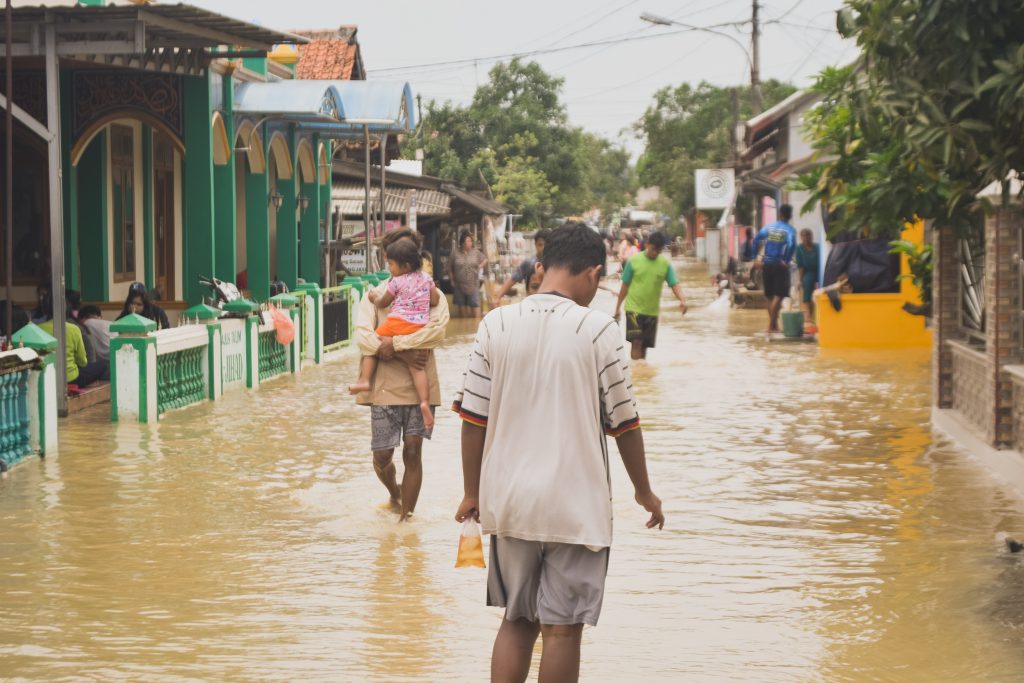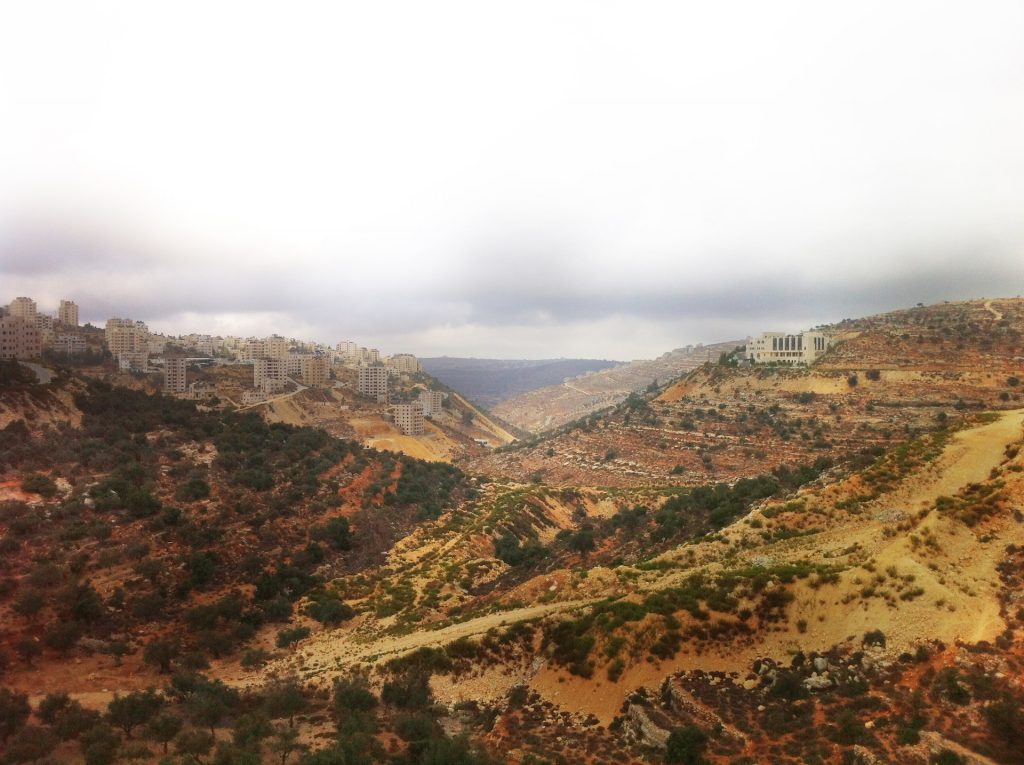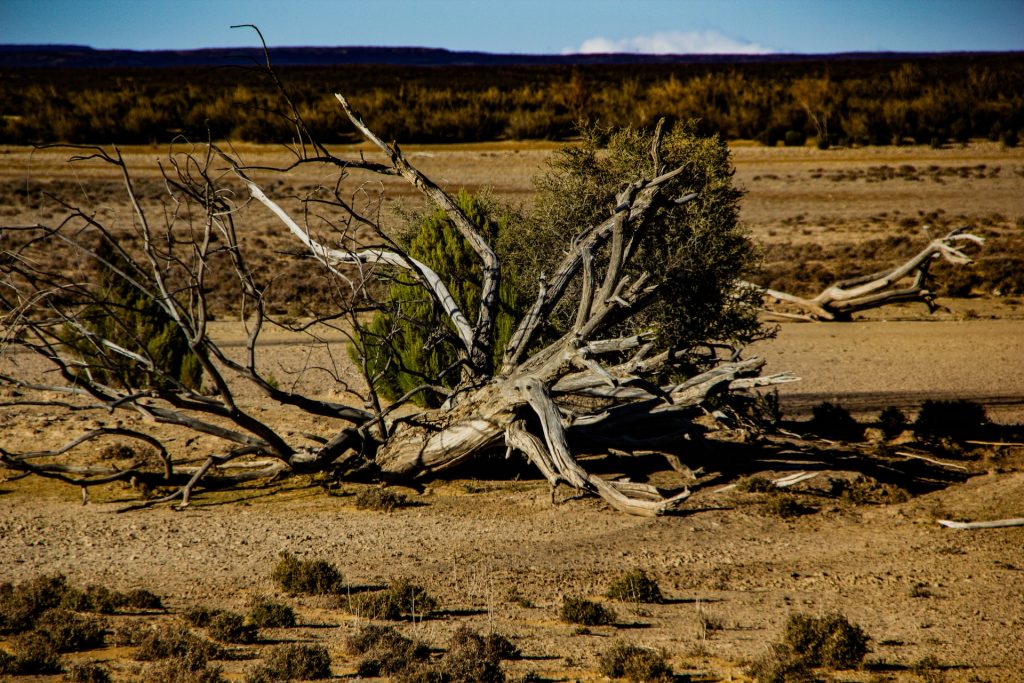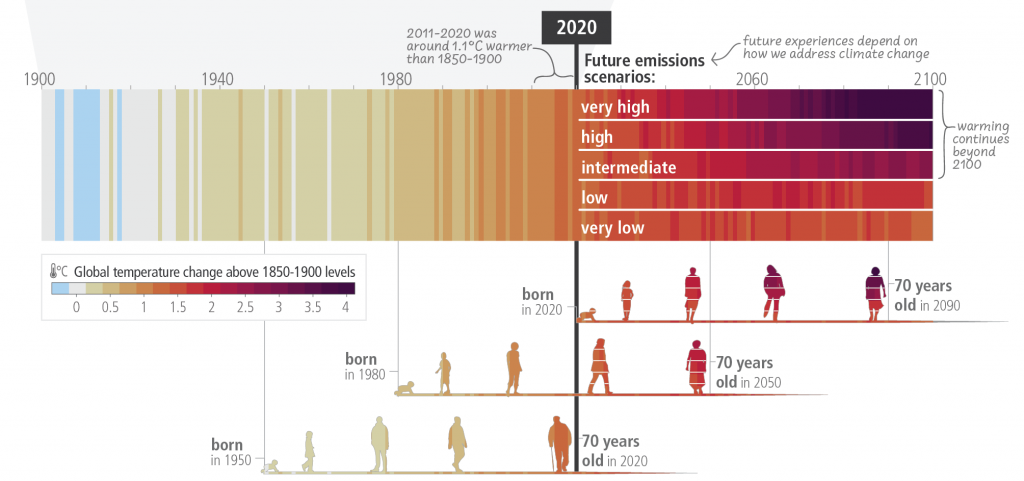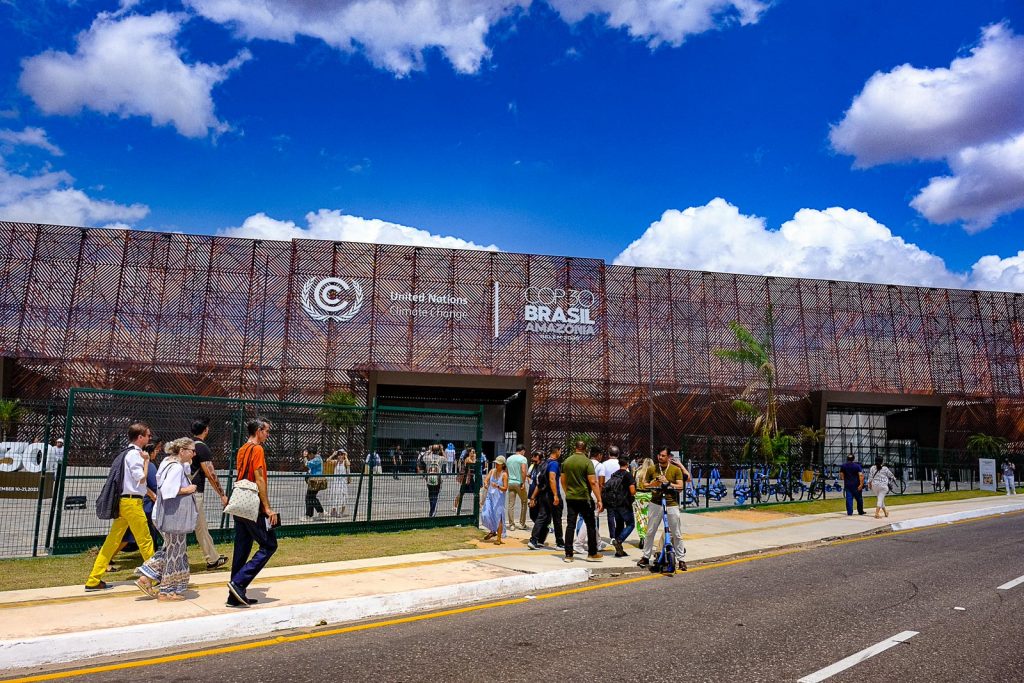
Understanding COP30: How climate negotiations change after Belém
The climate conference in Brazil took place amid seesawing expectations on key issues in climate policy. In the end, the closing texts from COP30 include updates and decisions that will mark the next steps in the international negotiation process. The experts and scientists from the Italian delegation that participated in the negotiations unpack the outcomes of the Belém Conference, with in-depth insights and discussions on adaptation, finance, the Paris Agreement, the role of science, policy and society at large.

